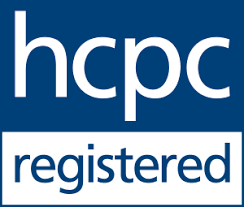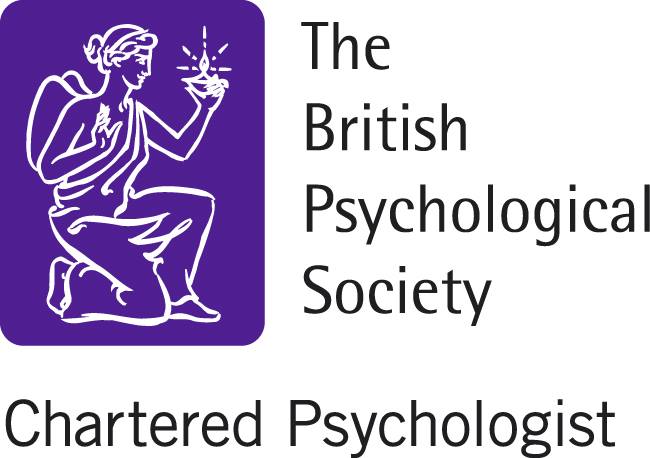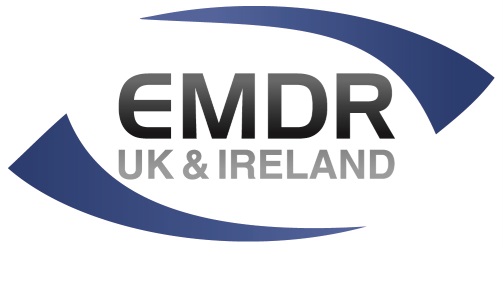Services
Please contact Dr Hunter directly for any medico-legal enquiries.
Self referrals – After the first contact, a brief telephone conversation is arranged. Following this an appointment will be made for the initial consultation.
After the initial consultation a provisional treatment plan is agreed.
Below are brief summaries of the potential treatments available.
Cognitive Behaviour Therapy (CBT)
CBT is one of the more popular talking therapies as it has a good evidence base, meaning it is well researched and has been proven to be an effective treatment. It can therefore be suitable choice for a wide range of emotional difficulties. The theory behind CBT is that in times of distress our thoughts can become distorted or unhelpful, which then impacts on our behaviour and emotions. Over time, this can develop into a cycle of unhelpful thinking patterns and destructive behaviours which people can find difficult to break. The treatment concentrates on the present time and is considered to be a collaborative approach. You will work with me to identify your unhelpful thoughts and then learn strategies to challenge these and also how to alter your behaviour. You must be committed to completing some work in your own time away from the session to optimise your chance of change.
Eye Movement Desensitisation and Reprocessing (EMDR)
EMDR developed as a trauma based therapy, but research is now finding it can be used successfully with a wider range of difficulties. Trauma can be defined as anything in your life which you found difficult to deal with when it happened and you feel like it still has an impact on your everyday functioning. It does not matter when the trauma occurred and you do not need a formal diagnosis of post traumatic stress disorder (PTSD). The theory behind EMDR is that when a trauma occurs the memory can get locked in the brain with all the original sights, sounds, thoughts, emotions and physical sensations. EMDR uses bi lateral stimulation (using a light bar, headphones or hand buzzers). These movements which appear to mimic what happens in rapid eye movement (REM) sleep and seems to help unlock the memory and allow you to process it more effectively so that it no longer causes you distress.
Psychodynamic Psychotherapy
Psychodynamic therapy focuses on unconscious thoughts and feelings which are often seen in a person’s behaviour, particularly in regard to the relationships they have formed with others. The aim of this therapy is for the person to gain more insight and understanding of how the past has influenced their present day functioning. This type of therapy tends to have less structure than CBT or EMDR and in some cases needs to be longer term.
You would be encouraged to explore unresolved issues and conflicts by talking about the people in your life and your past and present day experiences. The concept of ‘Transference’ whereby familiar feelings about someone in your life are transferred onto the therapist will be picked up and highlighted.
Acceptance and Commitment Therapy (ACT)
ACT is a relatively new therapy which developed in the 1990’s which has its roots in Behaviour Therapy and can be seen as a offshoot of CBT. However, there is one fundamental difference because unlike CBT which encourages you to challenge unhelpful thoughts, ACT looks towards accepting that you are having the thought and encourages diffusion techniques such as mindfulness to help minimise the impact of the thought.
Compassion Focused Therapy (CFT)
CFT was developed by Professor Paul Gilbert and aims to help the individual develop or enhance skills in self compassion and compassion towards others. This can allow the individual to come to terms with (deep rooted) shame and self critical thinking. It uses a combination of cognitive techniques, self appreciation exercises, mindfulness and imagery.
Transactional Analysis (TA)
TA is an older style theory developed by Eric Berne in the 1960’s. The basic principles look at the dynamics that operate between yourself and others. It can allow you to reflect on these interactions and the modes you may naturally fall into or feel forced into, be it Parent, Adult, or Child. Understanding these transactions can then help you make changes.
Dialectical Behaviour Therapy (DBT)
DBT is a treatment that was developed by Marsha Linehan in the 1980’s specifically for those with a diagnosis of borderline personality disorder (BPD) or emotional unstable personality disorder (EUPD). People with these diagnoses usually have strong emotional reactions that they can find difficult to manage. DBT a can be delivered as a complete programme package but elements of the treatment can be helpful for those with emotional issues who may not have a diagnosis.


